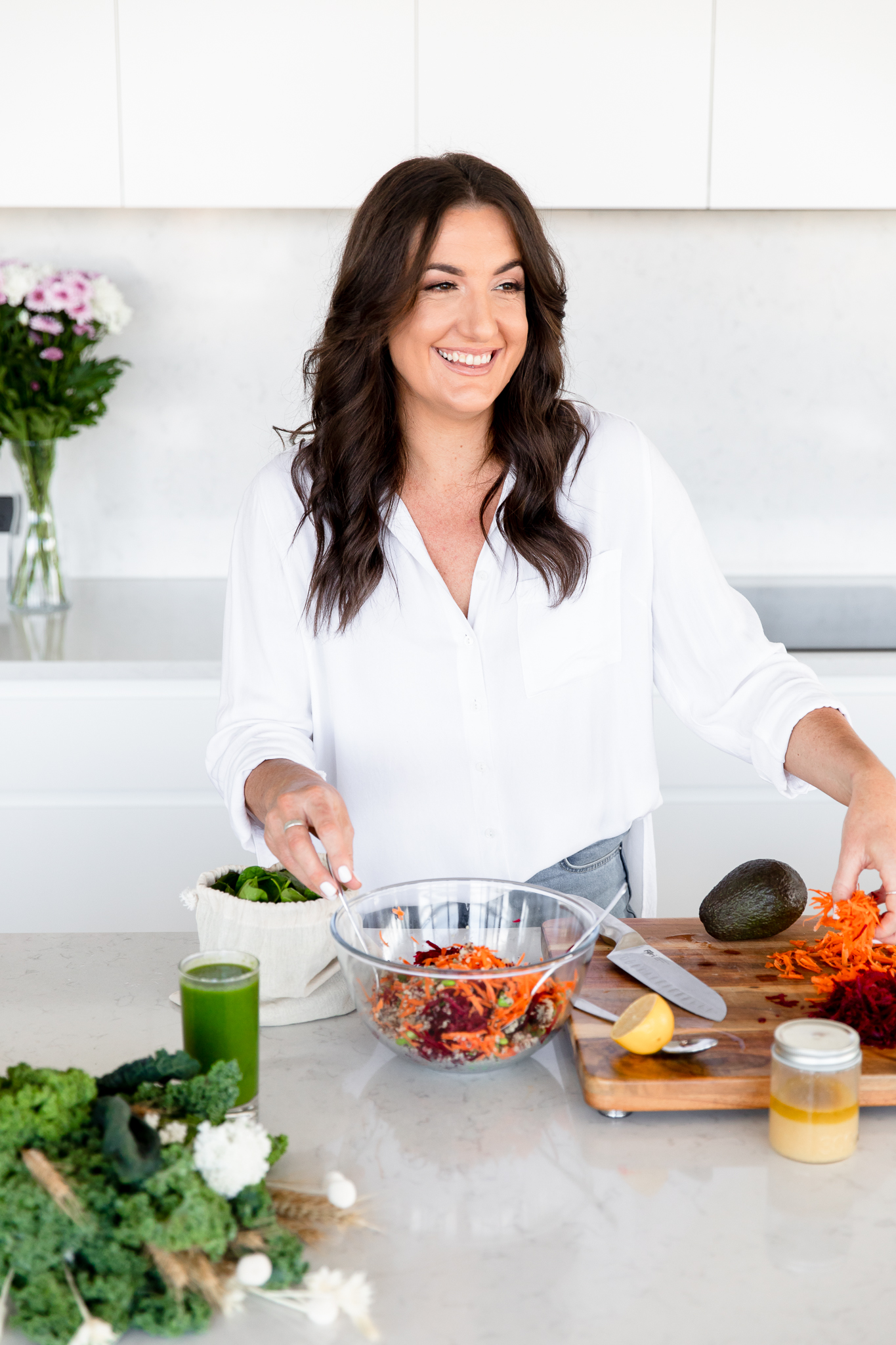The ultimate guide to self-care:
why taking care of yourself matters
When you think of self-care, do images of luxurious holidays or spa treatments come to mind? While these can be rejuvenating, scientific evidence suggests that simple practices like walking, yoga, and meditation are more effective.
The age-old adage ‘you cannot pour from an empty cup’ rings true, yet many of us prioritise helping others before ourselves. Even in emergencies, like on a plane, we’re instructed to secure our own oxygen mask before assisting others.
In this article, we’ll delve into the crucial role of self-care in maintaining overall health and well-being. By the end, you’ll gain insights into crafting your personalised self-care plan for optimal health.
The science of self-care
The science of self-care revolves around the intricate connection between your brain and body. Effective self-care acknowledges and leverages this brain-body connection.
Self-care = regulating your nervous system
Self-care entails regulating your nervous system, which governs every aspect of your being – from cognitive functions to physical actions. By implementing self-care practices, you’re nurturing your entire nervous system, encompassing both your brain and body.
When done correctly, self-care can mitigate stress and prevent burnout – the emotional, physical, and mental exhaustion resulting from prolonged stress. Regular self-care routines enable you to address the brain-body connection, fostering improved mental health and overall well-being.
In times of stress, your body may manifest various signs, including;
Increased heart rate
Brain fog
Fatigue
Mood swings
Shallow breathing
Digestive issues
Listening to these bodily cues is crucial for recognising the impact of stress on your well-being.
The key lies in regulating your nervous system.
While it’s impossible to eliminate all stressors from life (as some stress is beneficial), the focus should be on how we respond to and recover from stressors – our resilience.
Identifying mind-body exercises that enhance emotional self-awareness can aid in regulating your nervous system. As mentioned earlier, there are two forms of self-care: external and internal. While both are beneficial, internal self-care practices have been scientifically proven to regulate the nervous system.
Have you ever experienced relaxation during a holiday, only to feel stressed upon returning home? This indicates an unregulated nervous system still in an active stress response mode. Hence, the importance of incorporating both internal and external self-care practices.
This is why you need to incorporate internal as well as external self-care practices.
Internal practices involve introspective activities like:
- Meditation
- Breathe work
- Yoga
- Acupuncture
- Mindfulness
- Tai chi
- Progressive muscle relaxation
- Being in nature
- Journalling
- Having a hot bath
External practices, on the other hand, are activities external to the brain-body connection, such as:
- Playing an instrument
- Gardening
- Reading a book
- Exercise
- Cooking a healthy meal
- Manicure / pedicure
- Holiday
Creating your self-care master list:
What brings you joy and centres you?
Grab a pen and paper to jot down activities that uplift you, make you happy, and foster a sense of connection with yourself and others. You can categorise these into internal and external practices.
For instance:
- Admiring the blue sky
- Enjoying the smell of rain
- Cuddling with your pet
- Listening / dancing to music
- Being in nature
- Taking deep breaths
- Treating yourself to a manicure
- Indulging in a massage
- Planning a spa day
- Engaging in exercise
If you find yourself overwhelmed with a long list, start with something manageable. For instance, if music uplifts you, plan a mini dance party instead of watching TV, involving your family.
Set daily self-care goals
Setting goals provides direction and motivation. Start with small, achievable goals. If incorporating exercise into your routine is a priority, aim for a realistic goal. Assess your schedule and commit to exercising 1-2 times per week, gradually increasing frequency and duration over time.
For instance:
- Week 1: 5-minute walks, 3 times per week
- Week 2: 10-minute walks, 3 times per week
You don’t need to go from no exercise to running 5kms.
Finding time in your week:
Evaluate your schedule and identify opportunities to integrate self-care practices. Start with one activity and gradually expand. For instance, if your workdays are packed with back-to-back meetings, incorporate brief moments of deep breathing between sessions.
You have now let yourself know that you will put time aside to pause and breathe in between meetings.
Remember, Flexibility is Key:
Life is dynamic, and so are our self-care needs. Be open to adjusting your routines as circumstances change. Your self-care regimen should evolve with you.
Conclusion
In today’s fast-paced world, it’s essential to slow down, disconnect from distractions, and tune into your body’s needs. With your self-care list in hand and heightened body awareness, you’ll know whether to seek external solace or turn inward.
Keep your self-care regimen simple, achievable, and adaptable.
And remember, seeking support from friends or family can enhance your journey. If you’ve crafted your self-care list, feel free to share it with me via email – I’d love to hear about your progress.
If this has got you thinking more about your health and would like 1:1 guidance then I’m here to help. You can book a free 15min call to see if we’re a good match or jump right in and book an initial consultation here.
If you want to be kept in the loop when new articles are released sign up to my newsletter
As always, we are aiming for progress, not perfection and small sustainable changes.
ABOUT MELANIE LANSDOWN
I'm an accredited Nutritionist based in Canberra, Australia.
My purpose is to help women take control of their health, through realistic changes, education, and getting them living their best life.
FOLLOW
Medical disclaimer
The information found on melanielansdown.com.au or any of its media platforms is intended for informational and educational purposes only. Any statements made on these platforms are not intended to diagnose, cure, treat or prevent any disease or illness. Please consult with your medical practitioner before making any changes to your current diet and lifestyle.
© 2010 Melanie Lansdown Pty Ltd | Terms and Conditions | Privacy Policy
Acknowledgement
I acknowledge the First Nation's people of Country throughout Australia, especially the traditional owners of the land on which I work and teach, the Ngunnawal people. I pay my respects to their Elders, past, present and emerging. I am grateful for their continuing leadership in connection to Country for more than 60,000 years. I wish to acknowledge that this is land that has not been ceded and will always be their land.




